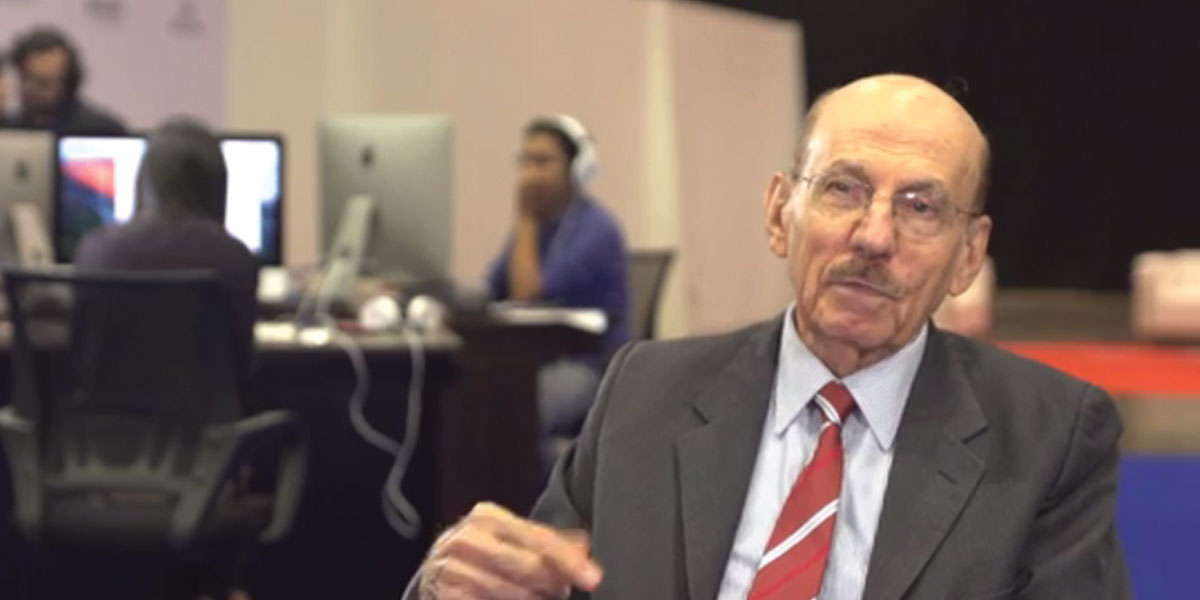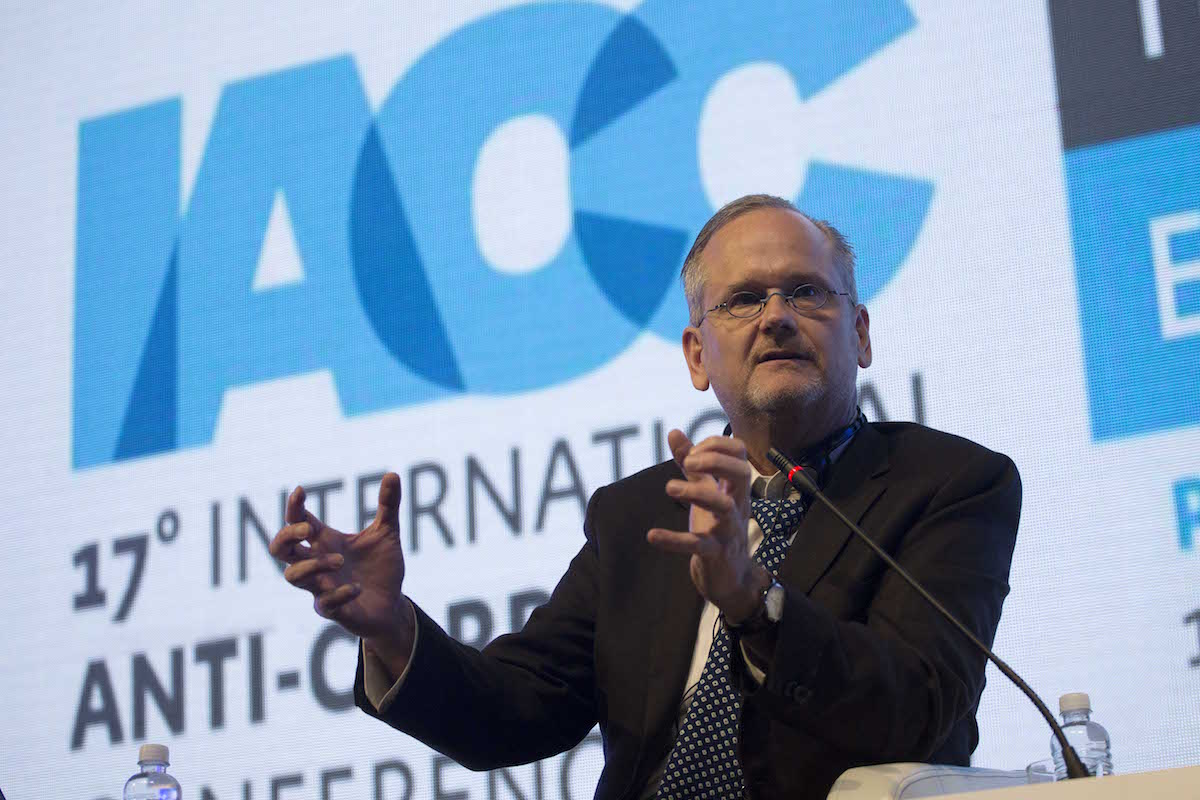Jorge Hage by Piero from IACC Young Journalists on Vimeo.
Since 2014, Brazil’s Operation Car Wash has resulted in more than 240 criminal charges and 118 convictions in the country’s biggest corruption scandal to date. The operation is not a miracle, but is rather the result of a long effort in Brazil to fight corruption, according to the former minister of the Brazilian General Comptroller’s office, Jorge Hage.
A long-time critic of the lack of transparency in state-owned companies, Hage was the head of the national ministry to fight corruption in the country for almost eight years, the very period that has come under scrutiny from Car Wash investigators now. We spoke with him to understand in greater detail what is happening in Brazil, what the world can learn from it, and also the limitations and drawbacks of the operation.
How did Operation Car Wash come about?
Car Wash exists because in 2003 the President gave up his constitutional prerogative to select the chief of the Public Federal Ministry. The situation completely changed and the Public Federal Ministry began to investigate Brazil’s biggest authorities. We cannot speak simplistically that Car Wash happened because of a miracle. That’s not the way that things work.
Is there any relation between Lava Jato and the impeachment of the former President Dilma Rousseff?
No, the [former] President has never been accused of corruption. The impeachment had completely fanciful and fallacious bases, but not even those had anything to do with ethics or corruption. The fall of president Dilma Rousseff happened due to political and economic problems. Mostly because of the lack of political support inside the National Congress. In other words, Brazil has been transformed in a parliamentary country without changing its constitution.
Critics of the operation says that it’s targets have been selected with a certain selectivity. Do you agree with that?
I can not say that the prosecutors have this or that party preference. But, what I have been observing is that they should take care to distribute their investigations more equally across the political spectrum, so they could avoid this kind of accusation, this kind of suspicion that just weakens the operation.
How would you evaluate the current administration’s stance against corruption?
I see it with a lot of concern. Because for me it seems that the subject of fighting corruption has left the Executive agenda. And then there’s the fact that a large part of the administration political base is implicated in the investigation. There is a clear conflict of interest between the proposals to fight corruption and the representatives of the people; they are congressmen that are fearful of being accused.
What can other countries learn from the Car Wash experience?
Without any doubt, but I would also say that they have to learn from the preconditions of Car Wash as well. Firstly, they should strengthen their Public Ministry, their policies and their central organ of control. Secondly, they should adopt the laws that Brazil has adopted. They should enable what is behind the Car Wash operation, which is basically the system of plea bargain and the independence of the judiciary. The countries can not copy anything from Car Wash if they do not have those preconditions.
Piero Locatelli is a journalist at Repórter Brasil. He investigates the supply chain of companies and its relation to human rights issues. He has been covering politics since 2008 and has worked in Brazilian news outlets such as CartaCapital, iG and UOL. He is the author of the book #VemPraRua, about the Brazilian protests of 2013.


